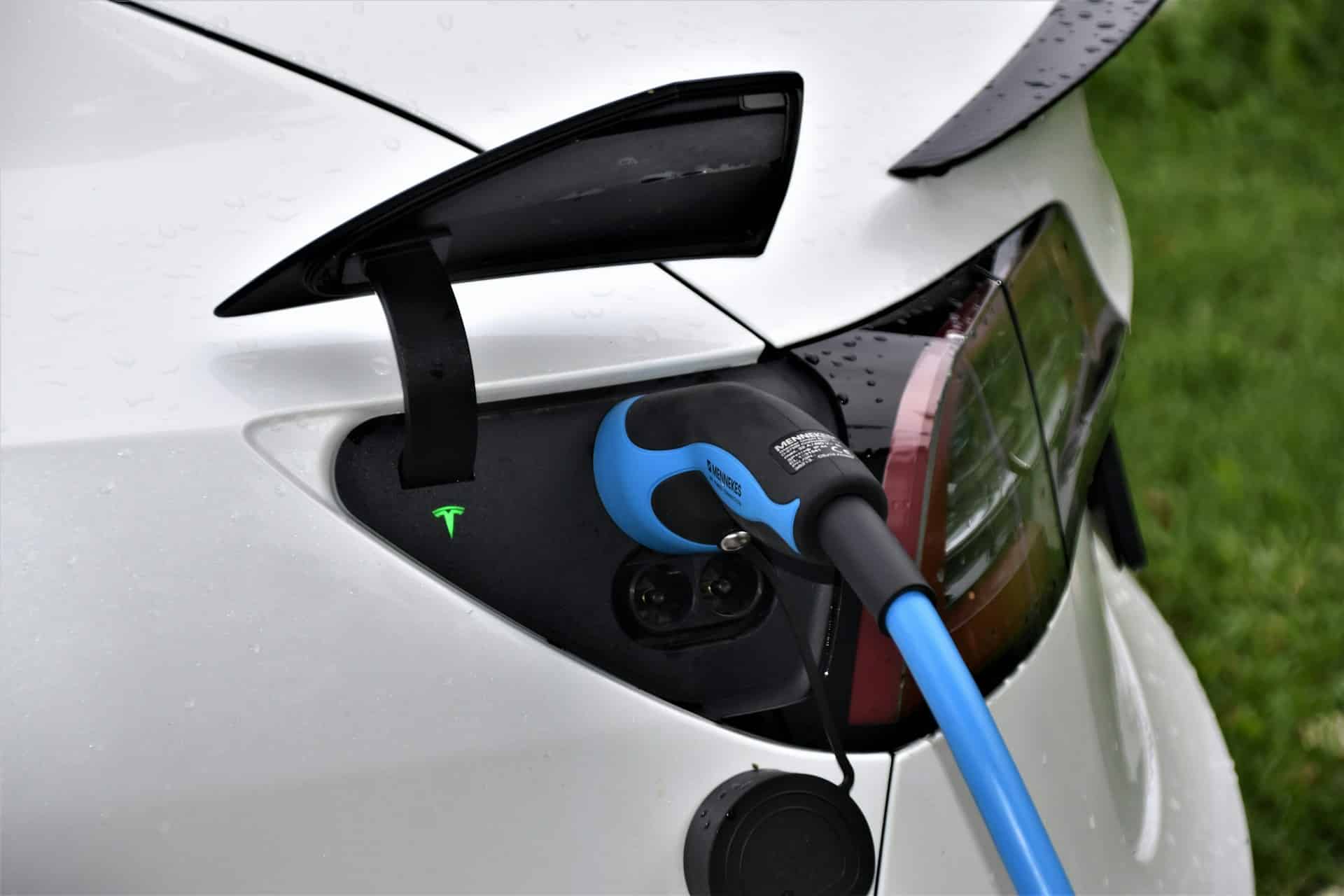The Chinese tech giant has filed a new patent that could represent a groundbreaking development in the electric vehicle industry. It involves a solid sulfur-based battery that, according to the company, could provide a range of up to 1,864 miles on a single charge and fully recharge in just five minutes, reports CarNewsChina and specialized media like Battery-Tech Network.
The described technology utilizes nitrogen-doped solid sulfur electrolytes, a technique that, Huawei claims, improves stability at the interface between the electrolyte and the electrode—one of the main challenges in solid-state batteries. The energy density expected to be achieved ranges between 400 and 500 Wh/kg, which is two to three times higher than current lithium-ion batteries.
Skepticism from South Korea
However, the international scientific and technological community has responded with skepticism. Professor Yang Min-ho, an energy engineering expert at Dankook University in South Korea, warns that such performance levels are “hardly attainable outside of laboratory conditions,” and that thermal management and energy loss pose significant hurdles for large-scale production.
Additionally, an anonymous researcher from a major South Korean battery company noted that nitrogen doping is a well-known technique, but its industrial implementation requires ultra-clean vacuums and high-precision processes, which would involve high costs and long development timelines. “Patents grant rights, not credibility,” he stated, emphasizing the lack of external validation or concrete performance data in Huawei’s patent application.
Korean Competitors Remain Unfazed
South Korea’s battery giants — Samsung SDI, LG Energy Solution, and SK On — remain unconcerned. Samsung SDI has already distributed solid-state battery samples to its clients and plans to begin mass production by 2027. LG Energy Solution is working on both oxide and sulfur technologies with commercialization targeted for 2030, while SK On plans to introduce polymer oxide and sulfur variants between 2028 and 2030.
Meanwhile, other Chinese companies are also competing. Xiaomi has registered a battery patent with a layered electrode structure, promising a range of 750 miles and an 80-mile recharge in ten minutes.
Revolution or Marketing?
Experts agree that real advancements in battery technology tend to occur incrementally, and any disruptive promise must undergo rigorous independent validation, safety testing, and industrial scalability assessments. Until then, Huawei’s battery remains an ambitious proposal, more at home in a laboratory setting than on the assembly line.
Frequently Asked Questions (FAQ)
What does Huawei’s solid-state battery promise?
A range of up to 1,864 miles on a single charge and full recharge in five minutes, using nitrogen-doped sulfur electrolytes.
Is this battery viable in real-world conditions?
Experts indicate that these results are theoretically possible in laboratory settings but extremely difficult to scale commercially due to technical and cost constraints.
When will these batteries be available on the market?
Huawei has not announced a commercial release date. Meanwhile, Samsung SDI plans to produce solid-state batteries by 2027, with LG and SK On targeting 2028–2030.
Which other manufacturers are working on solid-state batteries?
Samsung SDI, LG Energy Solution, SK On, and Xiaomi are developing various solid-state battery technologies with commercial goals within the next decade.
Source: The Investor

